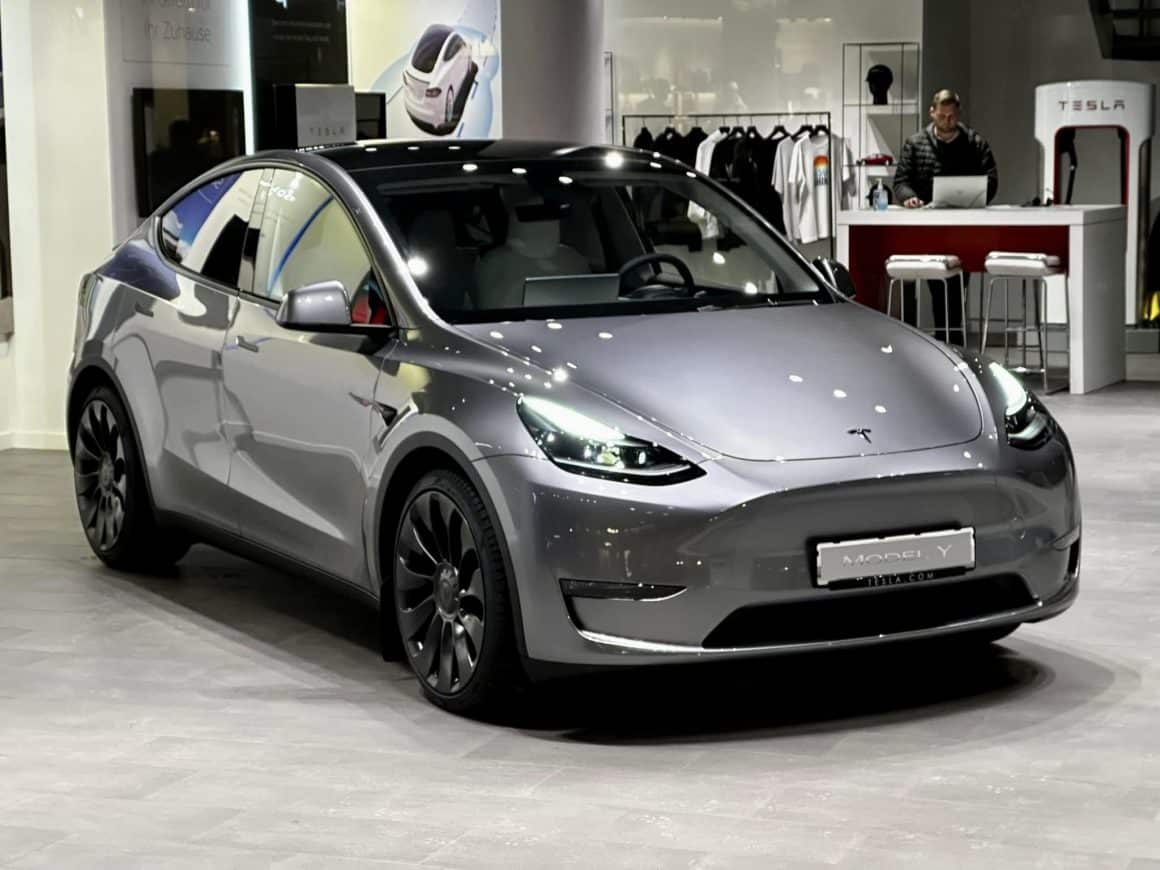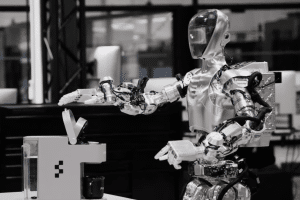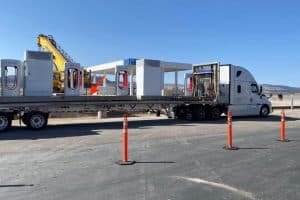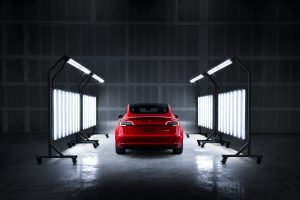- 🚗 Hyundai Motor Co. is investing more in its upcoming Georgia plant to produce hybrid vehicles due to slowing demand for electric vehicles (EVs).
- 💰 In the first quarter of 2024, Hyundai Motor reported an operating profit of over $2.5 billion and record sales of over $29 billion, with hybrid sales contributing to high profitability.
- ⚖️ Hyundai’s hybrid sales increased by nearly 17% year-over-year, while its battery electric vehicle (BEV) sales accounted for only 4.5% of total shipments, down from the previous year.
- 🔄 Other legacy automakers, such as Ford and General Motors, are also shifting their focus towards hybrid production to adapt to the slowing EV demand.
- ⚡ Tesla acknowledged a slump in EV demand during its recent earnings call but reiterated its stance that EVs are the future of the automobile industry.
As the automotive industry continues to navigate the transition towards sustainable mobility, recent market trends have prompted significant shifts in strategy among major players. In a move that signals a temporary departure from the all-electric vision, Hyundai Motor Co. and other legacy automakers are diverting investment towards hybrid vehicle production to address the slowing demand for electric vehicles (EVs).
Hyundai’s Hybrid Pivot
Hyundai’s decision to invest more in its upcoming Georgia plant to produce hybrid vehicles comes as a response to the waning consumer appetite for EVs. Initially envisioned as a dedicated facility for EV production, the Georgia Metaplant will now allocate resources to cater to the growing demand for hybrid alternatives.
The South Korean automaker’s Q1 2024 financial results underscore the rationale behind this strategic pivot. Hyundai reported an impressive operating profit of over $2.5 billion and record sales exceeding $29 billion, with hybrid sales contributing significantly to the company’s high profitability. While battery electric vehicles (BEVs) accounted for a mere 4.5% of total shipments, down from the previous year, hybrid sales surged by nearly 17% year-over-year, reaching almost 98,000 units.
Industry-Wide Adaptation
Hyundai is not alone in recognizing the need to adapt to shifting consumer preferences. Other legacy automakers, including Ford and General Motors, have also announced plans to refocus their efforts on hybrid production to weather the current slump in EV demand.
Ford has postponed several EV launches to prioritize hybrid vehicle production, while General Motors CEO Mary Barra recently discussed the company’s plans to bring plug-in hybrid electric vehicles (PHEVs) to the North American market. These moves underscore the industry’s willingness to embrace a more balanced approach, leveraging both hybrid and electric technologies to meet diverse consumer needs and maintain profitability in a dynamic market.
Tesla’s Unwavering EV Commitment
While legacy automakers are adapting their strategies, electric vehicle pioneer Tesla remains steadfast in its commitment to an all-electric future. During its recent earnings call, the company acknowledged the slump in EV demand but reiterated its stance that EVs are the future of the automobile industry.
Tesla’s confidence in the long-term prospects of electric mobility is rooted in the belief that the current lull is temporary and that consumer demand for EVs will rebound as technological advancements continue to drive down costs and improve performance.
A Transitional Phase
The shift towards hybrid production by major automakers highlights the industry’s ability to adapt to evolving market conditions. While the long-term goal remains the widespread adoption of fully electric vehicles, the current focus on hybrids represents a transitional phase, enabling automakers to maintain profitability and satisfy consumer demand for more fuel-efficient and environmentally friendly alternatives.
As the world continues to grapple with the challenges of climate change and the need for sustainable transportation solutions, the automotive industry’s willingness to embrace a diverse range of technologies, including hybrids, underscores its commitment to meeting consumer demands while contributing to a greener future.





